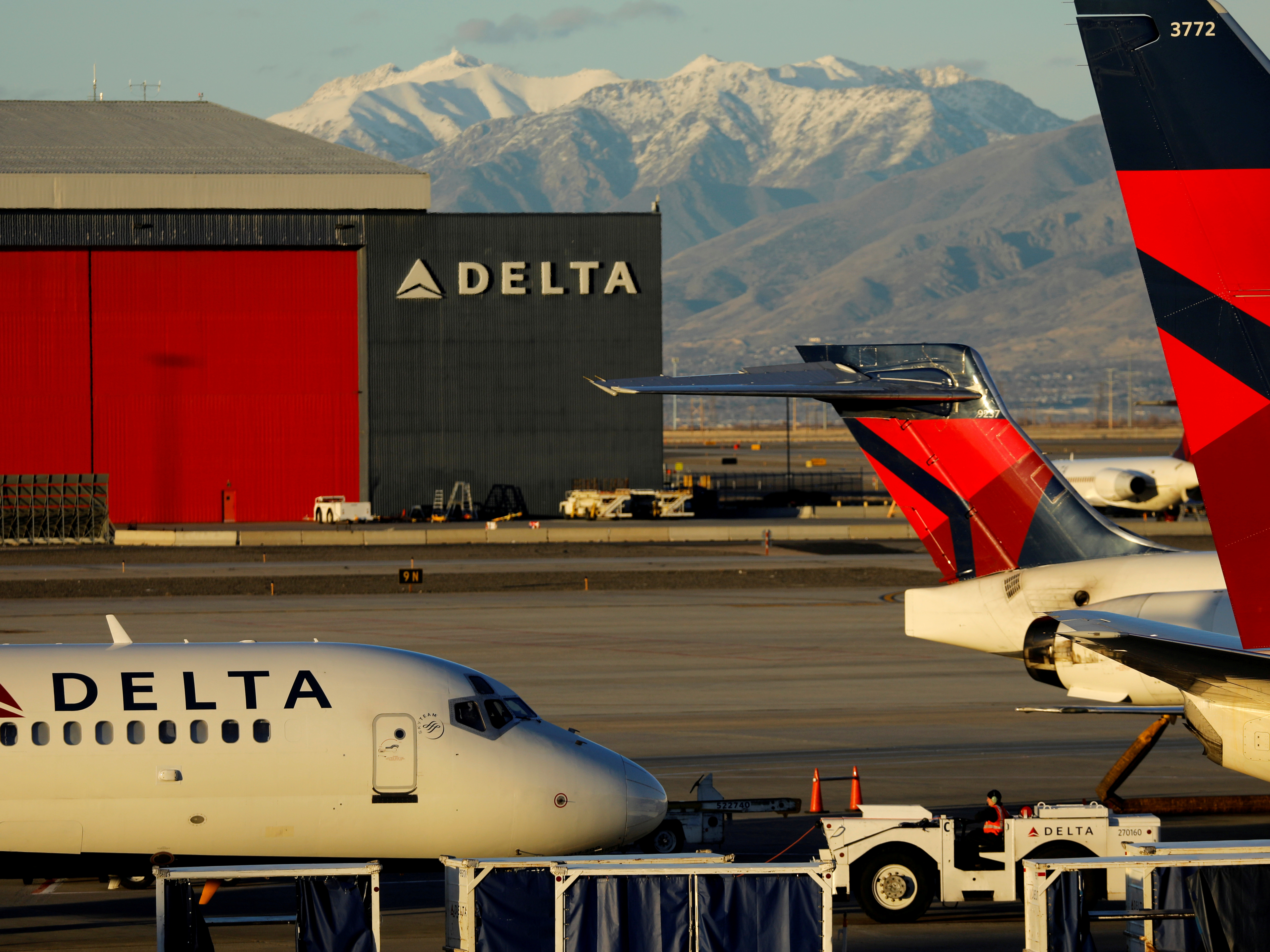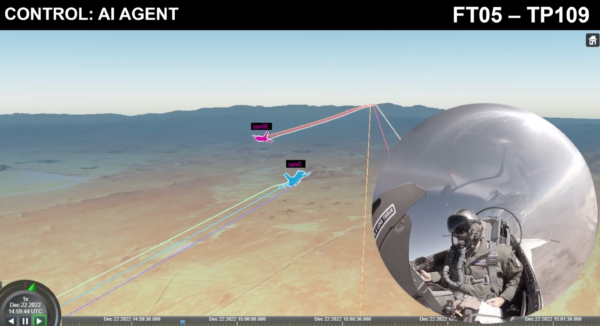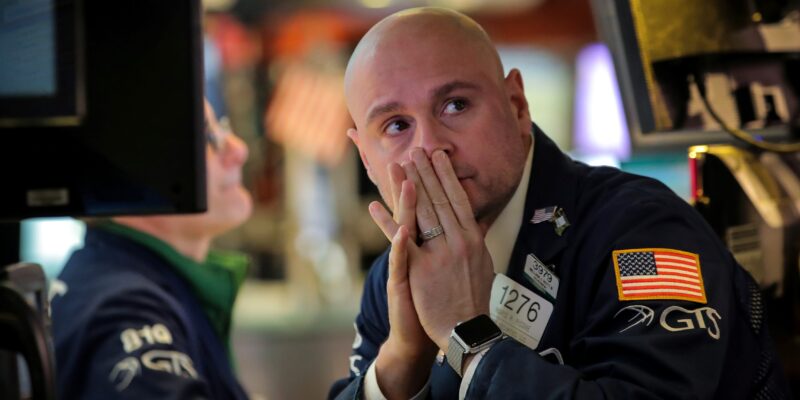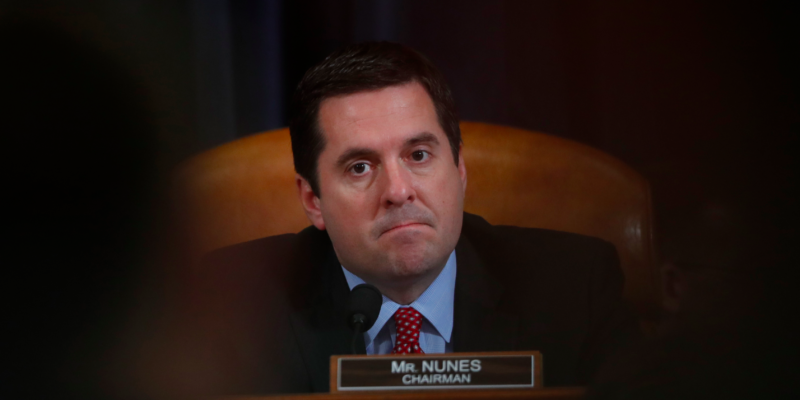- During its second-quarter earnings call, Delta announced record-breaking numbers on profits, passengers, and performance.
- Notably, premium-cabin sales, combined with loyalty and direct-booking, contributed to the success. So did luck – unlike competitors American Airlines and United Airlines, Delta doesn’t have any 737 Max aircraft in its fleet.
- The report represents a return-on-investment for Delta’s emphasis on branding, performance, and passenger experience.
- Visit Business Insider’s homepage for more stories.
As Delta held its second-quarter investors call on Thursday it seemed that CEO Ed Bastian was on the verge of taking a victory lap.
While other US airlines struggle with maintenance problems, labor-relations disasters, and scheduling difficulties thanks to the ongoing grounding of the Boeing 737 Max, Delta managed to steer clear of these issues.
However, it wasn’t just a matter of avoiding the pitfalls that have plagued its competition over recent months – although that certainly didn’t hurt. Delta is also seeing its past investments are starting to pay off.
The airline raised its outlook for the year and beat Wall Street expectations by posting a record $1.5 billion in profit, but the airline also saw its premium-class ticket sales and overall customer loyalty strengthen, contributing to the success.
Over the past year, Delta has found that more customers are willing to book directly with the airline and pay for more expensive seats, upending the idea that customers are primarily looking for the cheapest possible fares.
Delta has rolled out new features and commitments over the past several years relating to passenger experience in an effort to drive loyalty, and it appears to be paying dividends.
According to Bastian, travelers are buying 65-70% of premium-cabin seats, including on international and domestic routes. In 2011, only 13% of domestic first-class seats were sold.
However, although the revenue focus was on premium seats, Delta is also finding its brand, and past investments, engendering loyalty in the main cabin.
While higher sales of premium seats means fewer free upgrades for frequent flyers, Delta's frequent-flyer program is also adding to its bottom line.
The airline signed a new contract with American Express earlier this year to issue co-branded rewards credit cards - the contract was worth an estimated $7 billion annually by 2023. Loyalty revenues grew just under 20% to $1.2 billion this quarter.
Aside from pure revenue, higher customer loyalty discussed on the call is almost certainly a product of branding and product. Delta's reputation as the most reliable mainline US carrier, combined with new, premium features in the economy cabin, beget loyalty and, in some cases, motivate customers to pay higher fares. Even an oft-promoted commitment to having in-flight entertainment screens on most aircraft - compared with other airlines which cut the screens - helps.
That's also driven more people to book directly with the airline, rather than looking through third-party sites and comparing prices with other carriers. According to Bastian, 10-15% of customers currently book through online travel agencies - down from one-third of customers 10 years ago.
Rhonda Crawford, Delta's VP of Global Distribution and Digital Strategy, noted on a call with Business Insider that the airline makes an effort to highlight its new and improved products during the flight-search process - giving passengers additional reason to purchase directly.
"That's why we give you a flag, when searching, to know; are you going to be on a new airplane? Are you going to be in a new upgraded cabin?" she said.
That flag will become even more common as Delta takes deliveries of new Airbus A330neo and A220 aircraft. During the investor call, Bastian said the airline has moved up its plan to retire its aging MD-90 fleet by two years. The last flights on those aircraft will be in 2022.
"When you step on a new airplane, it's a very, very different feeling," Crawford said, anticipating the future return on the investment in new aircraft. "Everybody gets excited by that. The same as when we ride in a new car."
The results have been good news for everyone from passengers to stockholders - as of Friday afternoon, Delta's stock was on track to close at a five-year high.











